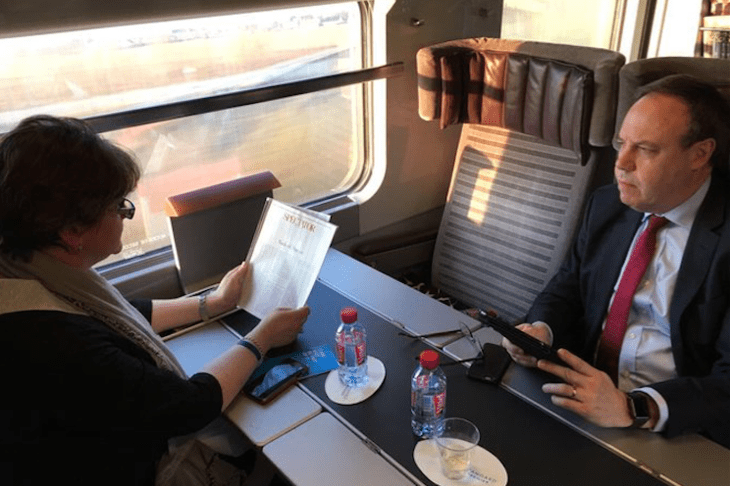That the DUP was going to prove pivotal in Brexit negotiations was inevitable from the early hours of 9 June 2017, when it became clear that Theresa May had failed to secure an overall majority and that no other opposition party would countenance an electoral pact with the Conservatives.
In many ways, the DUP’s powerful position has not been a bad thing. With Irish Taoiseach Leo Varadkar intent on using Brexit as a means of drawing Northern Ireland closer to the republic – and the EU prepared to throw its whole weight behind him – the involvement of the DUP has ensured that the interests of unionists have not been trampled upon.
Until Wednesday morning it seemed that the DUP would support Boris Johnson’s Brexit deal, which was still in the process of negotiation. Then came the announcement from Arlene Foster that her party’s ten Westminster MPs did not feel they could support the deal that was being proposed.

Get Britain's best politics newsletters
Register to get The Spectator's insight and opinion straight to your inbox. You can then read two free articles each week.
Already a subscriber? Log in






Comments
Join the debate for just $5 for 3 months
Be part of the conversation with other Spectator readers by getting your first three months for $5.
UNLOCK ACCESS Just $5 for 3 monthsAlready a subscriber? Log in